“Denying the truth doesn’t change the facts.”
It began with some serious banging of the pipes—enough to wake me up in the middle of the night. So I run downstairs to the boiler furnace and see that the water pressure is low. I open the valve to let more water into the system, hoping that will displace the air that is causing the commotion. The next morning I check the boiler again—it needs more water. Not a good sign, but I add more water and scour the floor and ceiling for any evidence of leaking. It’s probably just evaporation with all the usage in this cold weather, I reason. It is Thursday before the long Christmas weekend, Emily is home, more company is coming, and temperatures are cold and headed to below zero readings for the weekend. So…the furnace can’t be broken, right? My denial lasts through most of the day, but the hourly checks of decreasing water pressure and noisy pipes finally force my hand to call the repairman. The evidence is right before my eyes—a water pressure gauge—and ears—clanging, air-filled pipes. Not the way I expected to head into Christmas and not what I wanted to deal with when family was here for the holidays.
Our temperatures have been on a roller-coaster ride—a very unusual winter so far. After a frigid Christmas and New Year’s, our daytime temperatures soared above freezing for four days this past week. The little snow we had started to melt—an early January thaw in the normally coldest time of year.
This is our third winter of a snow drought—we’ve only had inches of snow when usually the grass, plants, and garden rocks are completely covered.
New Year’s Day the high and low temperature was 1°|-18°; on January 9th, it was 41°|28°.
The next day the temperature dropped from a high of 40° to a low of -10°—fifty degrees from high to low in a little over 24 hours! The temperature pendulum is swinging wide and erratic. The melting snow water on the birch branches flash froze into ice droplets.
A half an inch of snow floated down, when days earlier the forecast had been for 8-12 inches.
Record low and high temperatures have been set in every decade of the last 120 years of record keeping, so there’s really nothing to be concerned about, right?
The furnace repairman assessed the situation and did not deliver good news. We may have a leak somewhere in the basement in-floor tubing. We could change out parts for hundreds of dollars that could “force” the leak to show up—maybe. Not something one would want to do in the middle of the holidays, it seems, or in the middle of winter. So we changed the game plan a bit and tried to mitigate the basement heating. Not a big problem in the whole scheme of things. We didn’t lose our home in a wildfire or mudslide like thousands of people did in California and other western states. Our home was not extensively damaged or destroyed in a hurricane or flood like what happened to tens of thousands of people in Texas, Florida, and the Caribbean islands. We didn’t start our new year having to deal with a Bomb Cyclone like the northeast did. The evidence of extreme and erratic weather due to climate change is right before our eyes, in the news every day, and in the extensive, credible research of career climate scientists.
Denial is a very human response, even as we are presented with evidence that is hard to refute. I did not expect furnace problems, and even more telling, it was not what I wanted to deal with at that time. William Shakespeare wrote, “The eye sees all, but the mind shows us what we want to see.” Our creative, sometimes desperate minds easily explain away the evidence that our eyes are seeing. Sometimes, as in life-altering situations like accidents or death, denial can be a blessing. Grief expert Elisabeth Kübler-Ross explains that denial “is nature’s way of letting in only as much as we can handle.” It “helps us to pace our feelings of grief.” But often denial is a mechanism of willful doubt because we do not want our beliefs challenged in any way. What if we would allow ourselves to become data collectors? Most of us do allow this when trying to figure out what washing machine to buy or what’s the best computer for our needs—we rarely buy appliances according to party line. The same due diligence should be used on all issues—research, evidence, data, personal experiences and reviews from thousands of people who intimately know the issue. We need to ask the tough questions and be willing to see and hear the answers. Sometimes it takes some serious banging of the pipes to wake us up and take action.
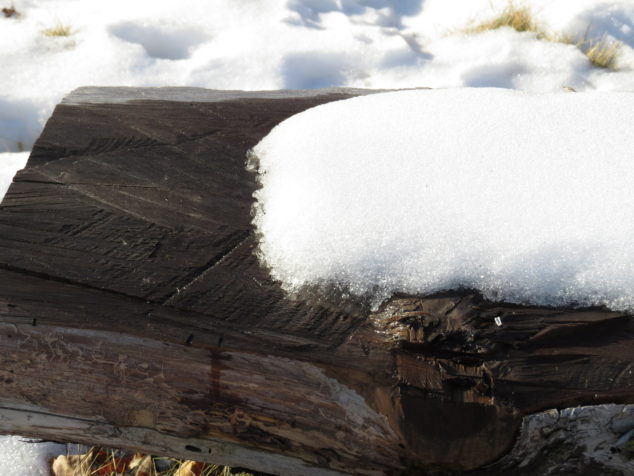
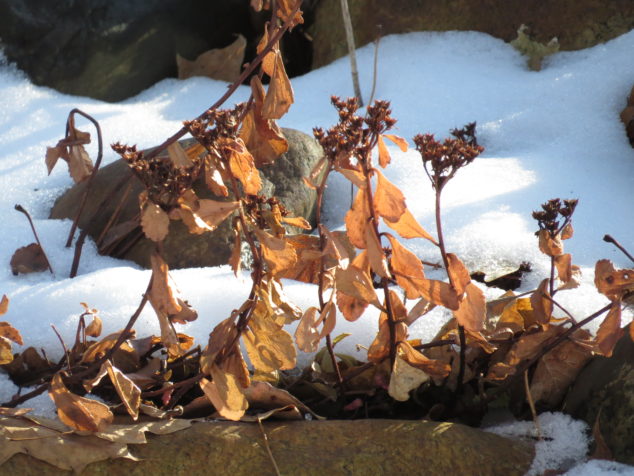
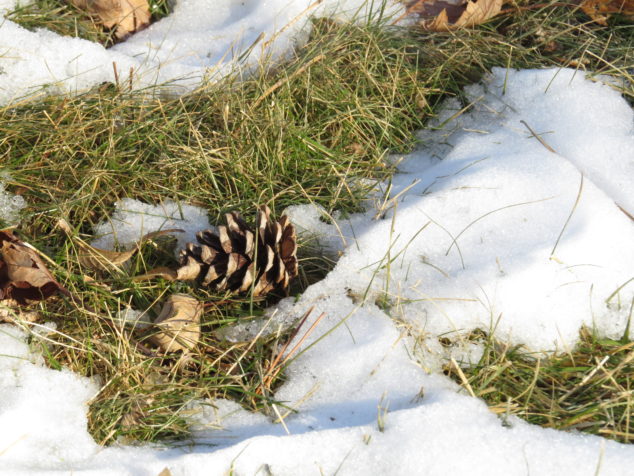
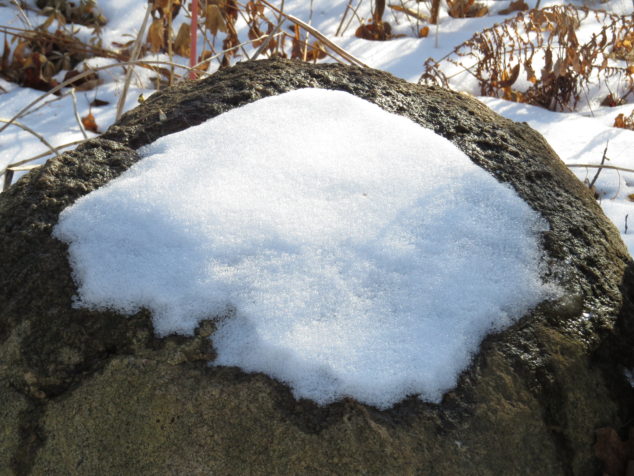
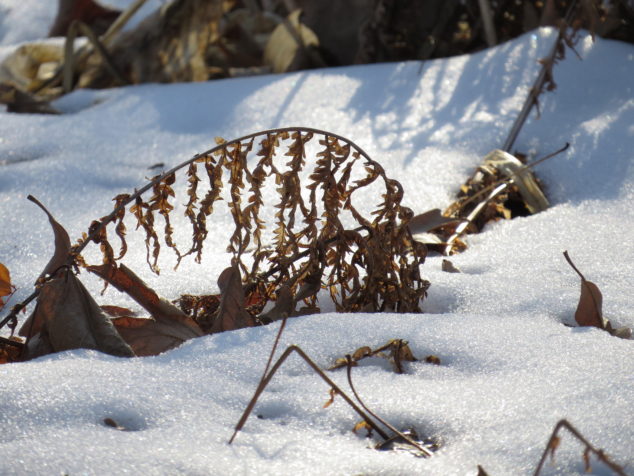

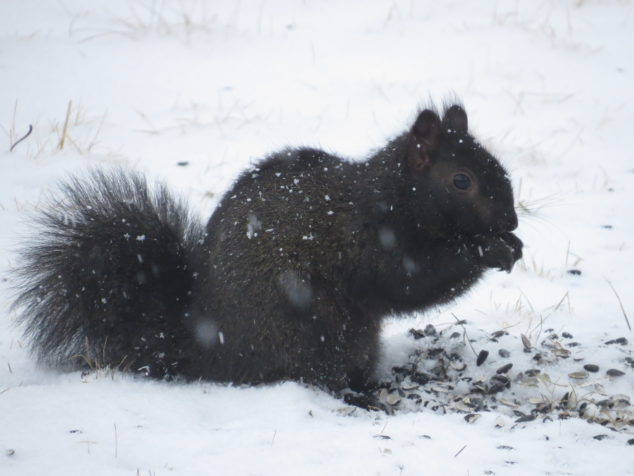
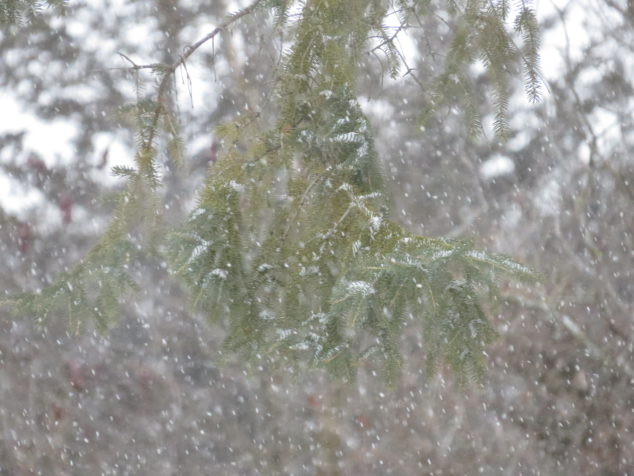
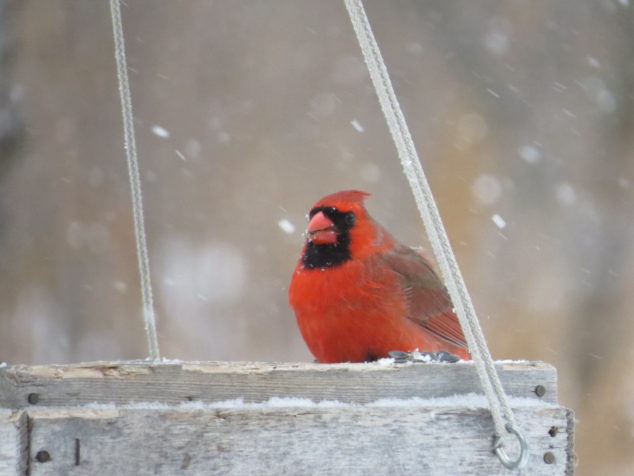
Leave a Reply